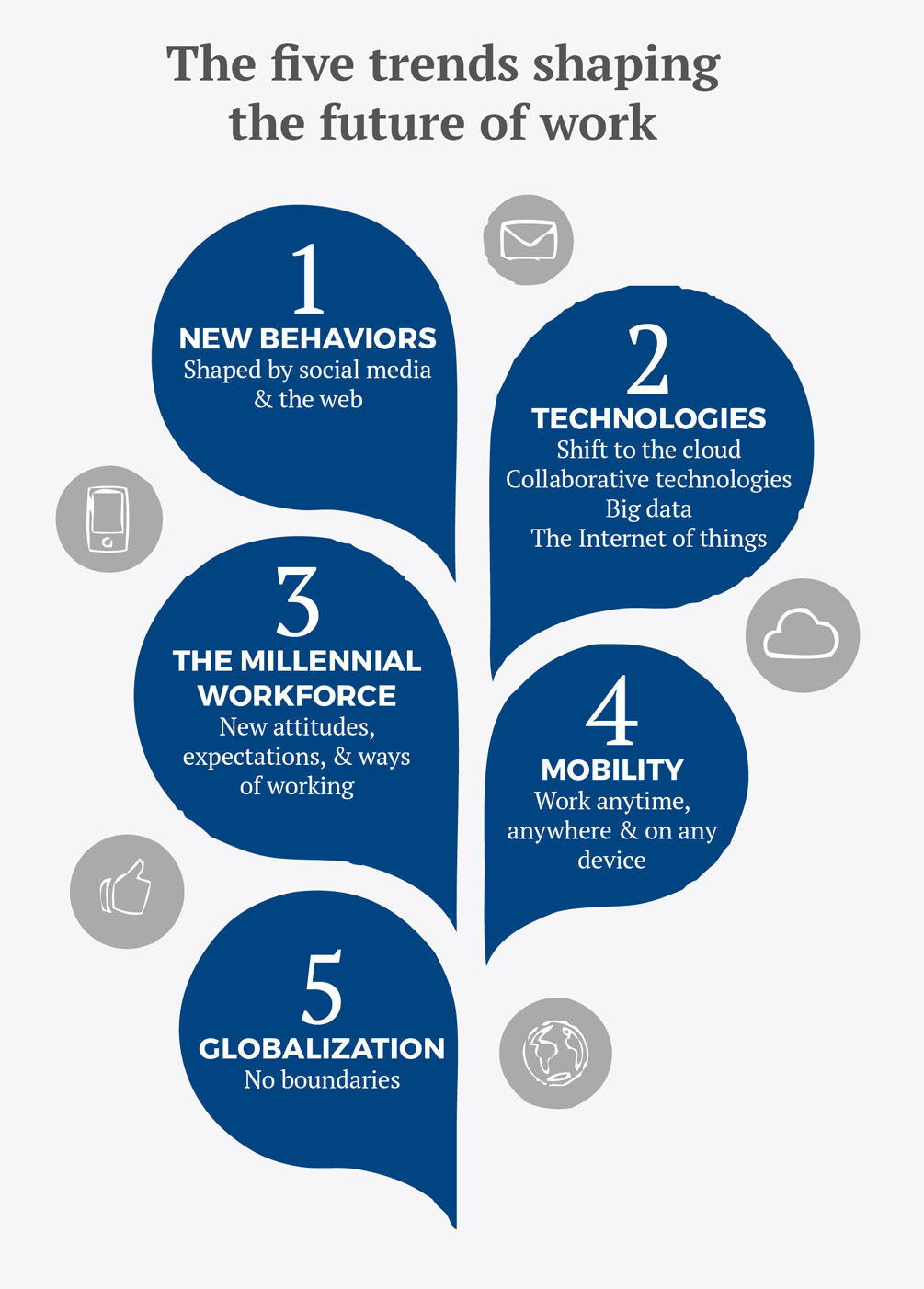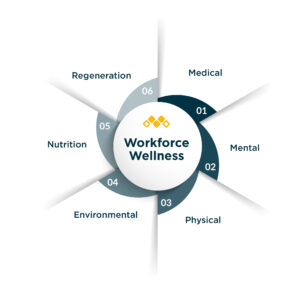Geopolitical Shifts: Lessons for Today’s Workforce & Tech
6 min read
Global geopolitical shifts are rapidly reshaping the international landscape, fundamentally altering the fabric of the global workforce and demanding dynamic new business strategies. From evolving trade policies and regional conflicts to technological rivalries and climate change, these macro trends create both unprecedented challenges and unique opportunities for companies and individuals alike. Understanding the profound geopolitical workforce impact is no longer a niche concern for economists but a critical imperative for navigating today’s complex global economy.
The New Global Equation: Why Geopolitics Matters Now More Than Ever
In an increasingly interconnected world, what happens in one region reverberates across continents, influencing everything from supply chains and consumer markets to talent pools and technological innovation. Recent years have seen a marked acceleration in geopolitical volatility, moving beyond traditional economic cycles to introduce systemic risks that demand agile responses. This environment underscores the immediate relevance of understanding how these shifts affect employment, talent mobility, and organizational resilience.
Historically, businesses could often operate with a degree of detachment from complex political maneuverings. However, the rise of protectionism, heightened international tensions, and the weaponization of economic tools have collapsed that distance. Today, every multinational corporation and every ambitious professional must contend with the direct and indirect consequences of geopolitical instability. For
Key Developments Shaping the Global Workforce
Several interconnected geopolitical trends are currently exerting significant pressure on the global workforce and business operations:
- Trade Wars and Protectionism: The imposition of tariffs, quotas, and non-tariff barriers by major economies disrupts global supply chains, leading to manufacturing shifts, reshoring efforts, and changes in labor demand. This can result in job losses in some regions and new job creation in others, requiring significant workforce adaptation.
- Technological Decoupling and Rivalries: Competition for dominance in critical technologies (e.g., AI, semiconductors, quantum computing) is leading to export controls, investment restrictions, and a push for indigenous technological development. This creates distinct tech ecosystems, impacting talent recruitment, research collaboration, and the global distribution of tech-sector jobs. The demand for specialized tech skills in certain regions is intensifying, while barriers to talent mobility in these sensitive sectors may increase.
- Geopolitical Conflicts and Regional Instability: Ongoing conflicts and political unrest displace populations, disrupt economies, and necessitate humanitarian responses. This not only creates refugee crises but also impacts regional labor markets, alters investment flows, and generates demand for specific skills in reconstruction, aid, and security sectors. The uncertainty generated can deter foreign investment and impact the willingness of skilled professionals to relocate to affected areas.
- Climate Change and Green Transitions: While often viewed as an environmental challenge, climate change has profound geopolitical implications, from resource scarcity and migration pressures to international agreements and competition for green technologies. The global push towards sustainability creates a vast new job market in renewable energy, circular economy, and climate adaptation, but also requires reskilling for industries undergoing significant transformation. This represents a long-term, structural geopolitical workforce impact.
- Demographic Shifts and Migration Policies: Aging populations in developed nations and youth bulges in developing countries are exacerbated by increasingly restrictive immigration policies, often influenced by political nationalism. These dynamics create severe talent shortages in some areas and underemployment in others, highlighting the critical role of thoughtful immigration strategies and skilled migration programs.
Impact Analysis: Navigating the Tides for Businesses and Talent
The cumulative effect of these geopolitical developments is a global labor market characterized by increased uncertainty, fragmented opportunities, and heightened demand for adaptability. Businesses must rethink their long-term strategies, while individuals, particularly international students, need to be acutely aware of how these trends shape their career trajectories.
For Businesses: Building Resilience and Agility
Companies are facing a multi-faceted challenge:
- Supply Chain Diversification: Reducing reliance on single regions or suppliers to mitigate risks from trade disputes or conflicts. This often means establishing new manufacturing hubs and diversifying talent acquisition geographically.
- Talent Localization and Global Mobility: Balancing the need for local talent development with strategic global hiring to access specialized skills. Visa and immigration complexities become central to talent strategy, requiring expert navigation.
- Digital Transformation Acceleration: Investing in automation and AI to mitigate labor shortages and enhance operational efficiency in volatile environments. This shifts skill demand towards digital literacy, data analytics, and cybersecurity.
- Risk Management and Scenario Planning: Proactively assessing geopolitical risks and developing contingency plans for workforce disruptions, market access changes, and regulatory shifts.
“The era of frictionless globalization is over,” states Dr. Anya Sharma, a senior geopolitical analyst. “Businesses must adopt a ‘G-Zero’ mindset, where proactive geopolitical risk assessment becomes as fundamental as financial planning.”
For Individuals, Especially International Students: Strategic Career Planning
International students, who often seek global opportunities, are particularly susceptible to these shifts. Their educational and career choices must be made with an eye on future global market demands and evolving immigration landscapes. The geopolitical workforce impact on this demographic is profound:
- In-Demand Skills: Focus on acquiring future-proof skills that transcend national borders and political volatilities. This includes digital literacy, AI proficiency, data science, cybersecurity, renewable energy expertise, and advanced manufacturing. Soft skills like adaptability, cross-cultural communication, critical thinking, and problem-solving are also increasingly valued.
- Geographic Agility: Be open to diverse career paths and locations. A degree from one country might open doors to opportunities in another, especially if the skills are globally transferable and in high demand. Understanding the immigration policies and labor market needs of multiple potential host countries is crucial.
- Resilience and Lifelong Learning: The traditional linear career path is being replaced by dynamic career journeys. Continuous upskilling and reskilling will be vital to stay relevant amidst rapid technological and geopolitical changes.
- Understanding Immigration Dynamics: Be informed about changes in visa categories, immigration quotas, and post-study work opportunities. Geopolitical considerations can influence the ease or difficulty of obtaining work permits and permanent residency in various nations.
Expert Insights and Practical Recommendations
Navigating this complex landscape requires strategic foresight and proactive measures. Here are some key recommendations:
For Individuals:
- Specialize in High-Demand Sectors: Research industries projected for growth despite or because of geopolitical shifts, such as green technology, advanced manufacturing, healthcare, and digital services.
- Cultivate a Global Mindset: Develop cultural intelligence and linguistic capabilities. These skills are invaluable in an increasingly diverse and interconnected global workplace.
- Leverage International Education: A degree from a reputable international institution not only provides specialized knowledge but also exposure to global networks and diverse perspectives, crucial for understanding the nuances of geopolitical workforce impact.
- Plan for Mobility: Consult with immigration experts to understand viable pathways for study, work, and residency in multiple countries, ensuring flexibility in career planning.
For Businesses:
- Diversify Talent Acquisition: Explore new markets for recruiting talent and consider establishing satellite offices or remote work arrangements to tap into diverse skill pools.
- Invest in Reskilling and Upskilling: Build internal capabilities to adapt to technological advancements and changing market demands. This also fosters employee loyalty and reduces reliance on external hiring in volatile periods.
- Form Strategic Partnerships: Collaborate with educational institutions, industry associations, and government bodies to anticipate future skill needs and influence policy.
- Prioritize Ethical and Sustainable Practices: Operating with strong ESG (Environmental, Social, and Governance) principles can enhance reputation, attract top talent, and mitigate risks associated with social or environmental instability.
“In an era where geopolitical events dictate market stability, human capital is the ultimate competitive advantage,” remarks Maria Rodriguez, a talent mobility consultant. “Businesses that invest in adaptable, globally-aware workforces, supported by robust immigration planning, will be best positioned for sustained success.”
Looking Ahead: Future Implications and Preparedness
The trend of increasing geopolitical influence on the workforce is expected to continue, if not intensify. We anticipate further fragmentation of global supply chains, leading to a greater emphasis on regionalized production and diversified talent hubs. The race for technological supremacy will accelerate, making certain specialized skills even more critical and potentially creating tighter controls on talent movement in sensitive areas. Climate-induced migration and the green transition will continue to reshape labor markets, creating both dislocations and significant growth opportunities.
For individuals, proactive engagement with education and career planning that accounts for these shifts will be paramount. For businesses, strategic workforce planning that integrates geopolitical risk assessment will transition from best practice to essential survival strategy. Agility, adaptability, and a deep understanding of global trends will define success in the coming decade. The landscape of the geopolitical workforce impact is dynamic, requiring continuous monitoring and strategic adjustments.
Reach out to us for personalized consultation based on your specific requirements.



